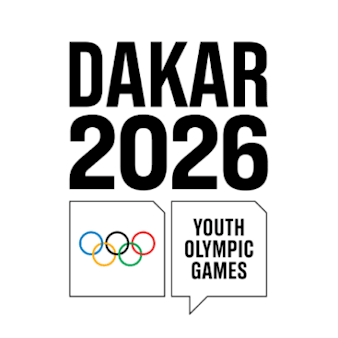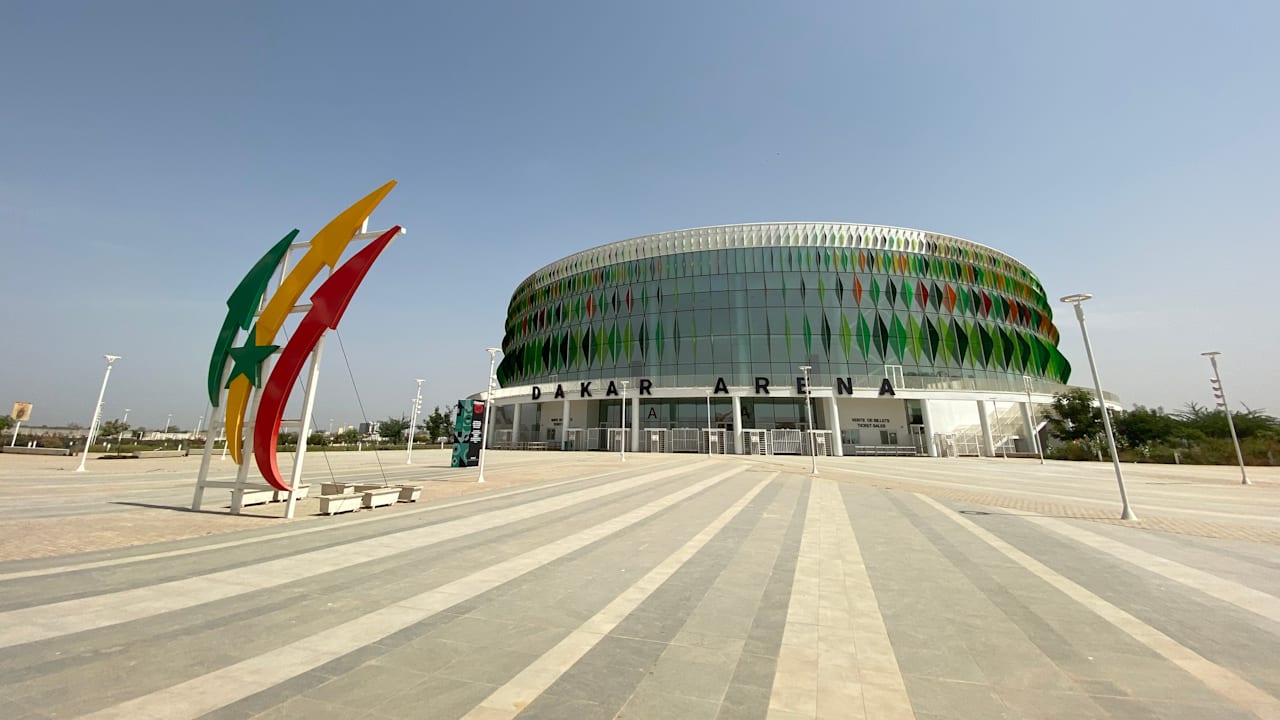
Dakar
2026
About the Games
The 4th Summer Youth Olympic Games will take place in Dakar, Senegal, the first country on the African continent to be awarded the honour of hosting an Olympic sports event. The Youth Olympic Games Dakar 2026 represent a catalyst for a sporting, social, cultural, educational and economic transformation that will create new hope, opportunities and confidence for young people.
Dakar 2026 is born out of the desire to take the Youth Olympic Games to all parts of the world and to put the Games at the heart of Africa’s transformation. Senegal’s sporting culture and practice is rooted in history and in the population, especially young people. It aims to be synonymous with symbiosis, exchange, joy and pride, but also humility for young people worldwide, in Africa and Senegal. Sport is meant to be a celebration, a way of living together, a factor for peace, rapprochement and social cohesion.
Postponement
In a decision approved during the 136th Session of the IOC on 17 July 2020, Senegal and the International Olympic Committee (IOC) mutually agreed to postpone the Youth Olympic Games (YOG) in Dakar from 2022 to 2026.

